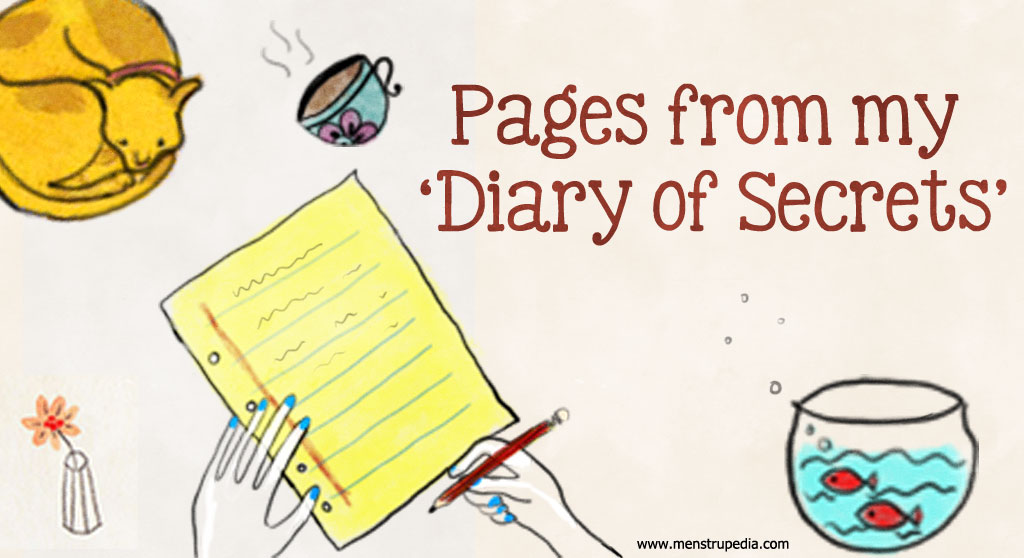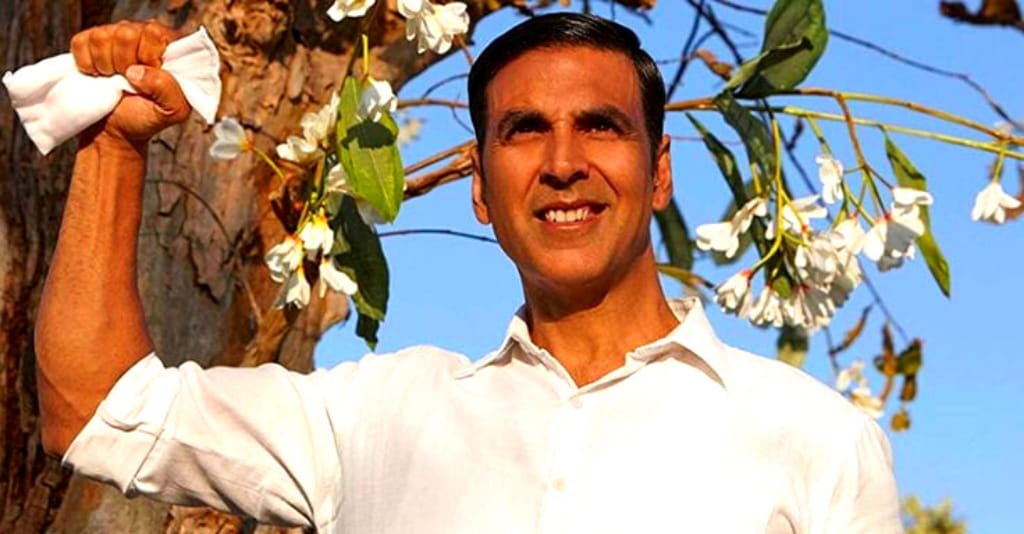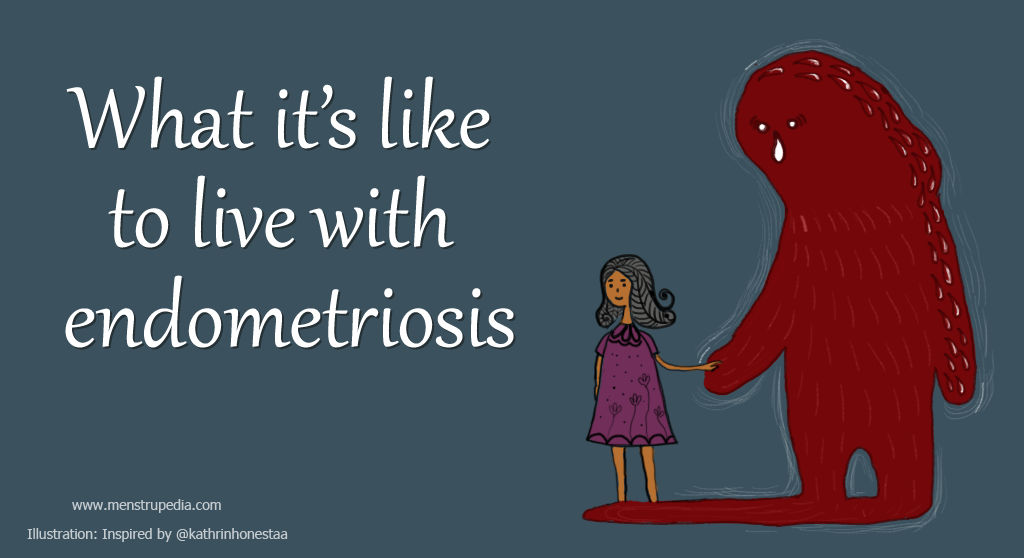My earliest memories of anything remotely related to menstruation are the vague TV commercials that talked frequently about absorbing and leaking and protecting. All of seven or eight then, I assumed it as some sort of a diaper for women, who due to the lack of public washrooms needed to wear them. Men, after all, could always do it on the wall.
The moment of truth came soon after. Having been a girl of above-average growth, I started menstruating at the age of ten or eleven. I had no idea what happened to me. I can never forget the day I spotted blood. We were at my granny’s place during the summer vacations and one day while bathing, I realised that something was wrong. I distinctly remember checking myself several times to see if I had hurt myself; I could not see anything but believed nonetheless that it must be some sort of an injury that caused the bleeding.
Confused but not sure if I should share it with anyone, I kept it to myself. Much to my relief, the bleeding didn’t last long, but came back soon after. In due course, I could see a pattern to it, still too hesitant and shy to share it – even with my mother, I suffered all alone. Thankfully, during the first few months, there was hardly any bleeding. Whatever little there was, I managed with some cotton that I had taken out from the first-aid box and stashed in my shelf. I sometimes wonder how I spent almost a year without telling anyone, without so much as a sanitary pad, but I somehow did, like so many others do.
In the meantime, I gathered some information in school and through magazines and concluded that all girls go through this and that it is something called menstruation – one that shall not be named other than in hushed tones and often in slang. Suddenly all the blood stained pads in the school washrooms made sense. They were not the doings of some evil spirits after all. The evil spirit if any, lived within us.
Thankfully, in a few months (or was it a year later?) my mother figured that I should be told about it and I was handed over to a cousin who gave me the information I already had – the real facts. I still was clueless about why this was happening to me. When I could take no more, I gathered all my courage and walked up to my mother one evening, my heart beating faster than it ever had; I asked for the pads, as casually as I could and I got just that. No word, no advise, no information. I continued to struggle with the immense discomfort and excruciating pain I suffered from during my periods. Every time I was in pain, my father and brother were told that I had acidity and sometimes I can’t help but wonder why.
Today, almost twenty-five years later, nothing seems to have changed. Girls still hesitate to buy a packet of sanitary pads and they still have to hide it while carrying it to the washroom. It is considered uncouth to talk about it, especially to men or when men are around. If they have to take a day off from work or college due to pain and discomfort, they are supposed to be sick and not menstruating. So much for a natural, biological process that every woman goes through and which every man knows about. I honestly wonder what all the fuss is about. The fuss, I gather, is in the mind – quite typical of the hypocritical society that we live in.
I might not be able to change the mindset of the society and in any case changing mindsets can take years. I will, however ensure that my girls never have to go through what I did. I don’t love my mother any less for what happened with me because partially it was my doing too, but I might have loved her much more had she spoken to me about it – just once; and that, I will ensure, is one grouse that my girls will never have.
I am a thirty-four year old stay – at – home mother of two beautiful girls. I have worked as a training manager and a freelance training consultant in the past. When on a break from my children, I love to cook, read, travel and write. Writing is my latest passion and I blog here. I am also a volunteer with Pratham books and conduct story-telling sessions for underprivileged and street children.
Editor: Divya Rosaline








